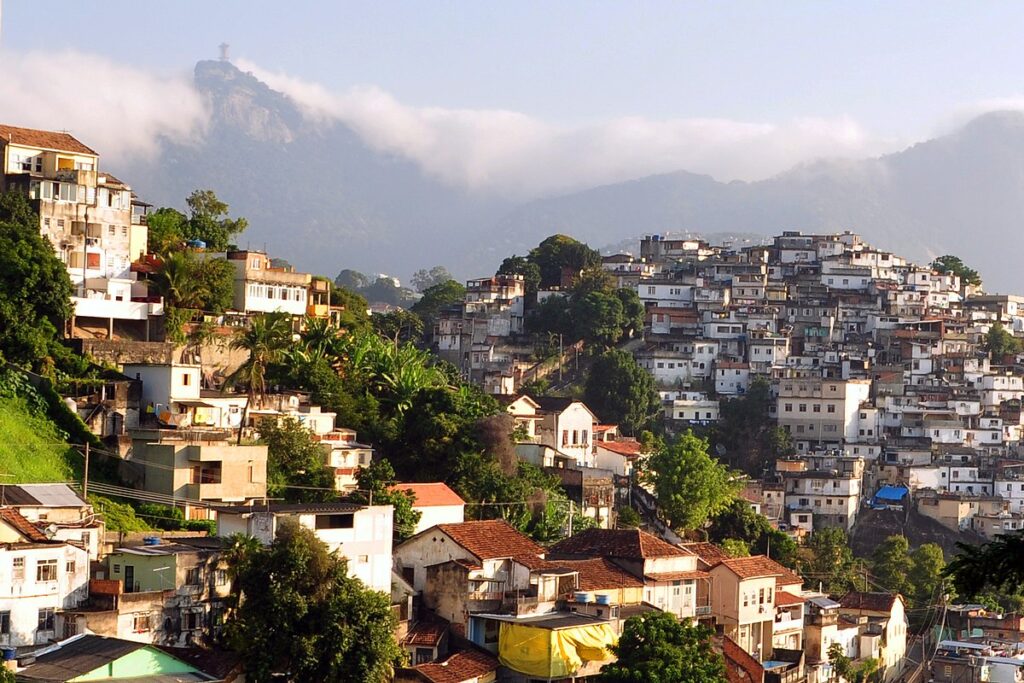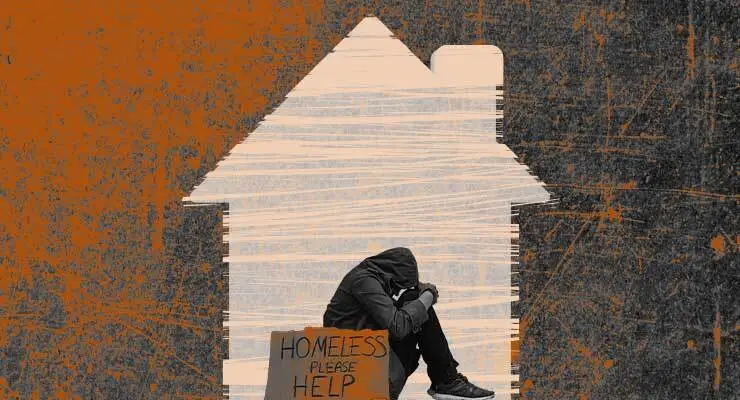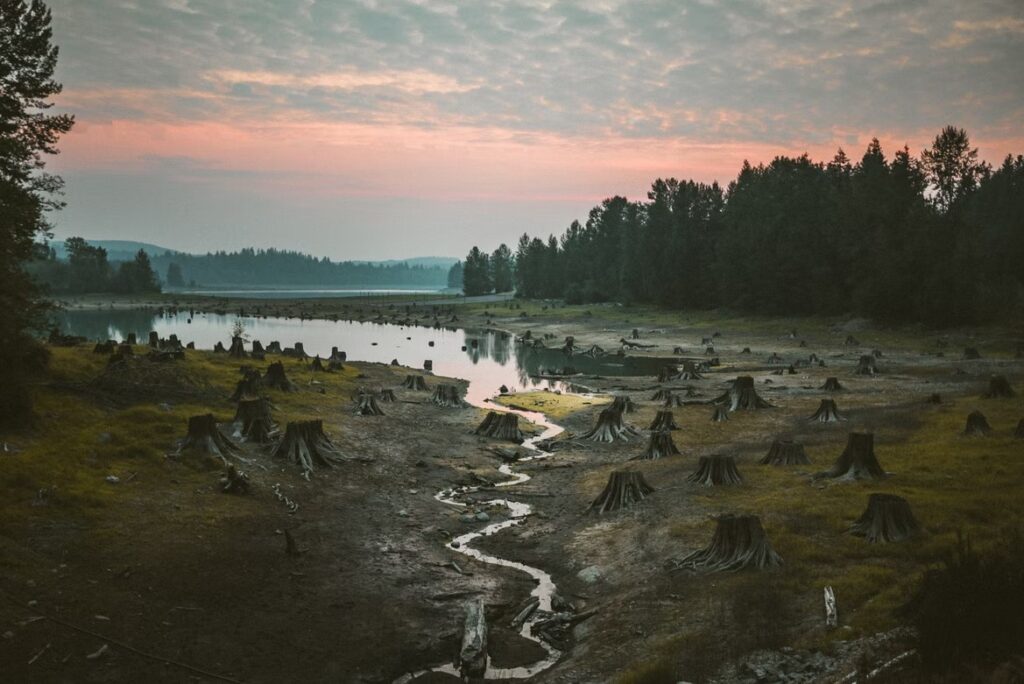The case for… cities that aren’t dystopian surveillance states

17/06/2022 – The Guardian Cities
Are cities engines of production or consumption, and does it matter?

26/06/2022 – Brookings
Smart City Mission: ‘Towards a smarter city with our identity’

24/06/2022 – MorungExpress
Women in the health and care sector earn 24 per cent less than men

22/06/2022 – ILO
Electric mobility can defy the climate crisis, says General Motors

21/06/2022 – Afrik21
Why the surge in home construction will do little to address affordable housing

20/06/2022 – Crikey
Ethics and responsibility of self-driving cars: who is responsible for AI accidents?

Analyzing ethics and responsibility in autonomous driving: who is responsible for the accidents involving AI? How does insurance work? Risk, problems and solutions
Overpopulation: Is the future as bleak as it was depicted in the 1970s?

A technological environment without natural predators, with abundant food and state-of-the-art medicine that allows life expectancy to extend beyond 80 years, has led to population growth reaching limits that exceed the environment’s capacity. In 1972, the ‘The Limits to Growth’ report was published. Does it still apply or was it exaggerated?
Content Pills #6: Effects of the Olympics on Host Cities. The Urbanism Legacy

On 25th July 2022, Barcelona celebrates the 30th anniversary of the hosting of the XXV Olympic Games in 1992.
Eutrophication: the green tide threatening coastal cities and wetlands

Eutrophication, which comes from the Greek word eutrophos (well-nourished), indicates a serious imbalance in rivers, lakes, reservoirs wetlands and other aquatic ecosystems. Eutrophication is an environmental tragedy. Is there a solution?